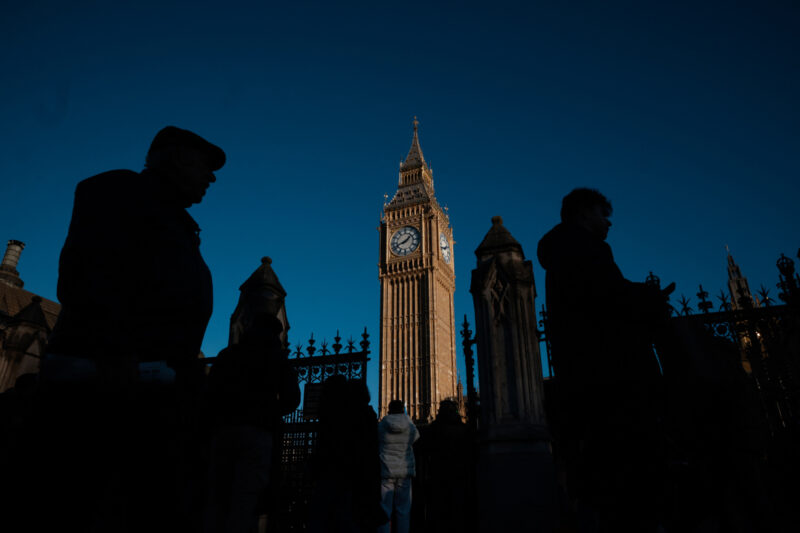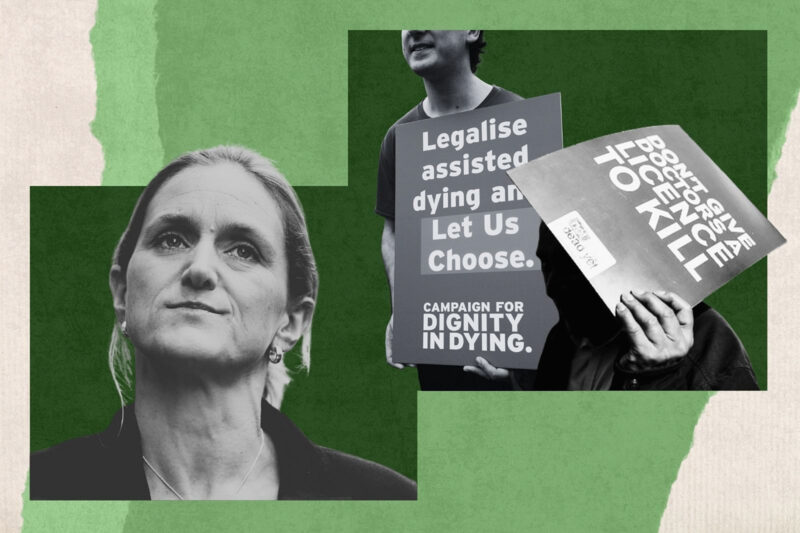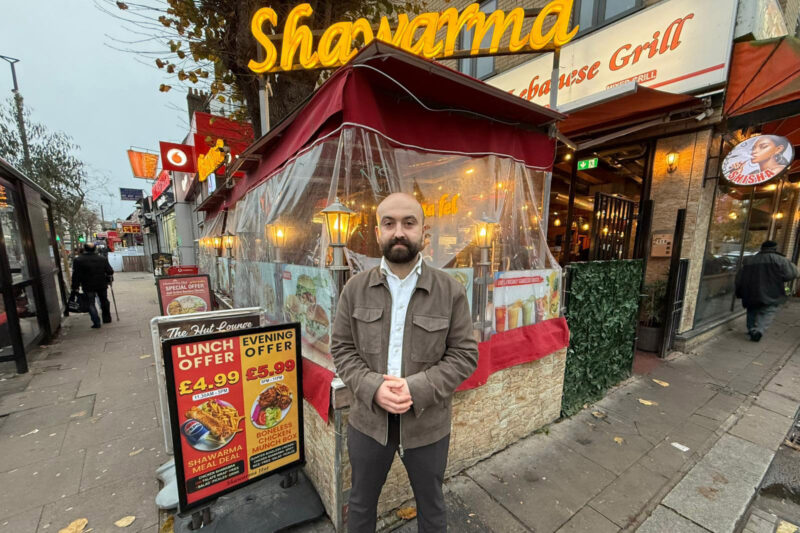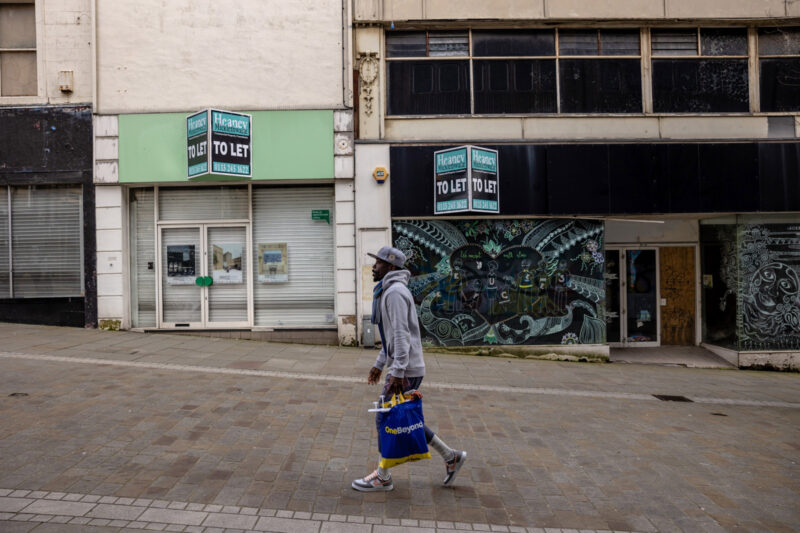Muslim nurses join strike today in England, Wales and Northern Ireland
Industrial action marks the second mass walkout this month amid anger over wages
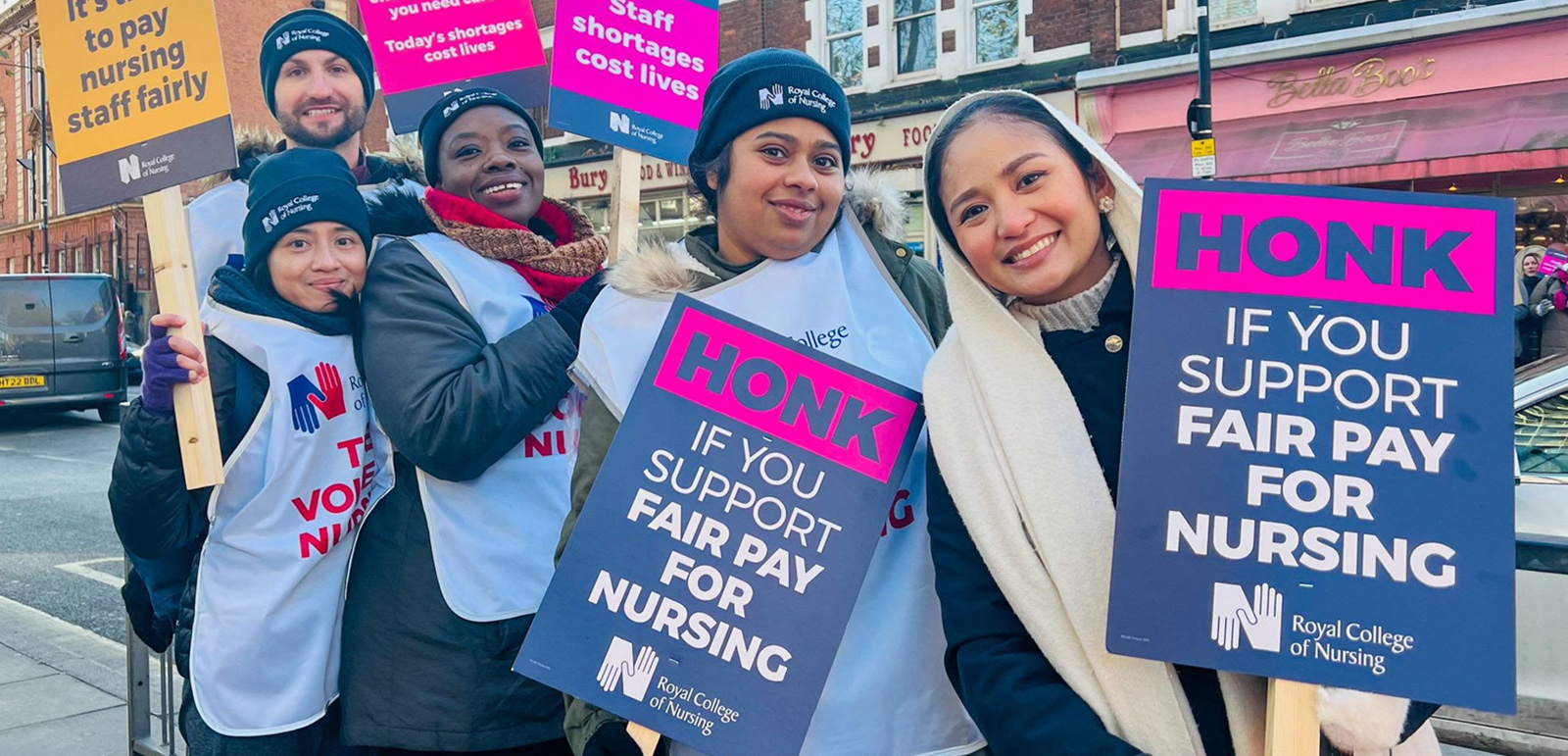
Poor pay, increasing personal debt and concern for patient welfare are among the reasons Muslim nurses have joined up to 100,000 colleagues in striking across England, Wales and Northern Ireland today.
The industrial action, organised by the Royal College of Nursing (RCN), marks the second mass walkout in hospitals across England, Wales and Northern Ireland this month amid ongoing anger after the government refused to increase nurses’ wages.
Some nurses have fallen into debt while trying to keep up with increasing living costs. Bashar Athmneh, a nurse manager who joined the NHS in 2004, earns around £48,500 per annum. Despite this, more than 70% of his monthly salary is spent on housing costs and bills, which leaves little money for groceries and other necessities his wife and three children need.
For the past year, he has been working around five extra shifts each month, but he still relies on his credit card and typically ends each month around £1,000 in arrears.
“I work night shifts at the weekend as these pay better, but it means I don’t see my children that much. My kids sometimes say: ‘Where are you? It feels like you don’t live at home’,” Athmneh said.
Muslims are among the hardest hit by the cost of living crisis, with a recent report by Muslim Census finding that one in five had visited a food bank since August 2021. Additionally, 54% of those polled said they had struggled to pay their energy bills over a three-month period. This was comparatively higher than one in three people at a national level who had experienced the same difficulty.
The strain on resources has led to significant shortfalls in care. In June, a survey of more than 20,000 nurses, conducted by the RCN, found that just one quarter of hospital shifts had the planned number of registered nurses.
Eight in 10 nurses said there were not enough nursing staff to meet patients’ needs safely on their last shift, while only 18 per cent felt they had enough time to provide the level of care they would have liked.
Melissa Pardillo, a palliative care clinical nurse specialist at Imperial College Healthcare NHS Trust in London, said she is joining the picket line because she would like to see increased benefits for health workers, including better catering to their religious needs. Although some hospitals have multi-faith rooms, others have a separate chapel for Christians and prayer rooms for people of other faiths.
“Muslim prayer rooms can be better,” Pardillo said. “Some of them are so hidden and less sanitised than Christian prayer rooms. You can see a huge difference and it feels a bit discriminatory.”
Asghar Muhammad, a senior ICU practitioner in London, has been working as a nurse since 1995. He voted in favour of a walkout, but his hospital did not meet the legally required threshold to strike. He will be joining the picket line in support of colleagues today.
Muhammad has faced some financial difficulty in recent months, falling behind on monthly phone bills and being unable to afford his children’s extracurricular activities.
In October, research by the London School of Economics found that nurses had taken a 20% real-term pay cut since 2010.
The RCN is demanding a pay rise of 5% plus inflation for its members – an increase of 19.2% – but the government will offer only between 4 and 5%, as recommended by an independent pay review body.
Like Athmneh, Muhammad is also picking up extra shifts to cover everyday costs. “Financially, it’s been very difficult,” he said. “Some months I’ve been unable to pay my mobile phone bill.”
“As a family, we’ve had to cut back on a lot. My children can’t go to their swimming classes because it’s too expensive. I try to go to Pakistan every year, but I had to cancel my trip because I don’t have enough money.
“If I could ask the public to understand one thing about the strikes, it would be that you need to stand with us because we are fighting for you.”
 Newsletter
Newsletter






